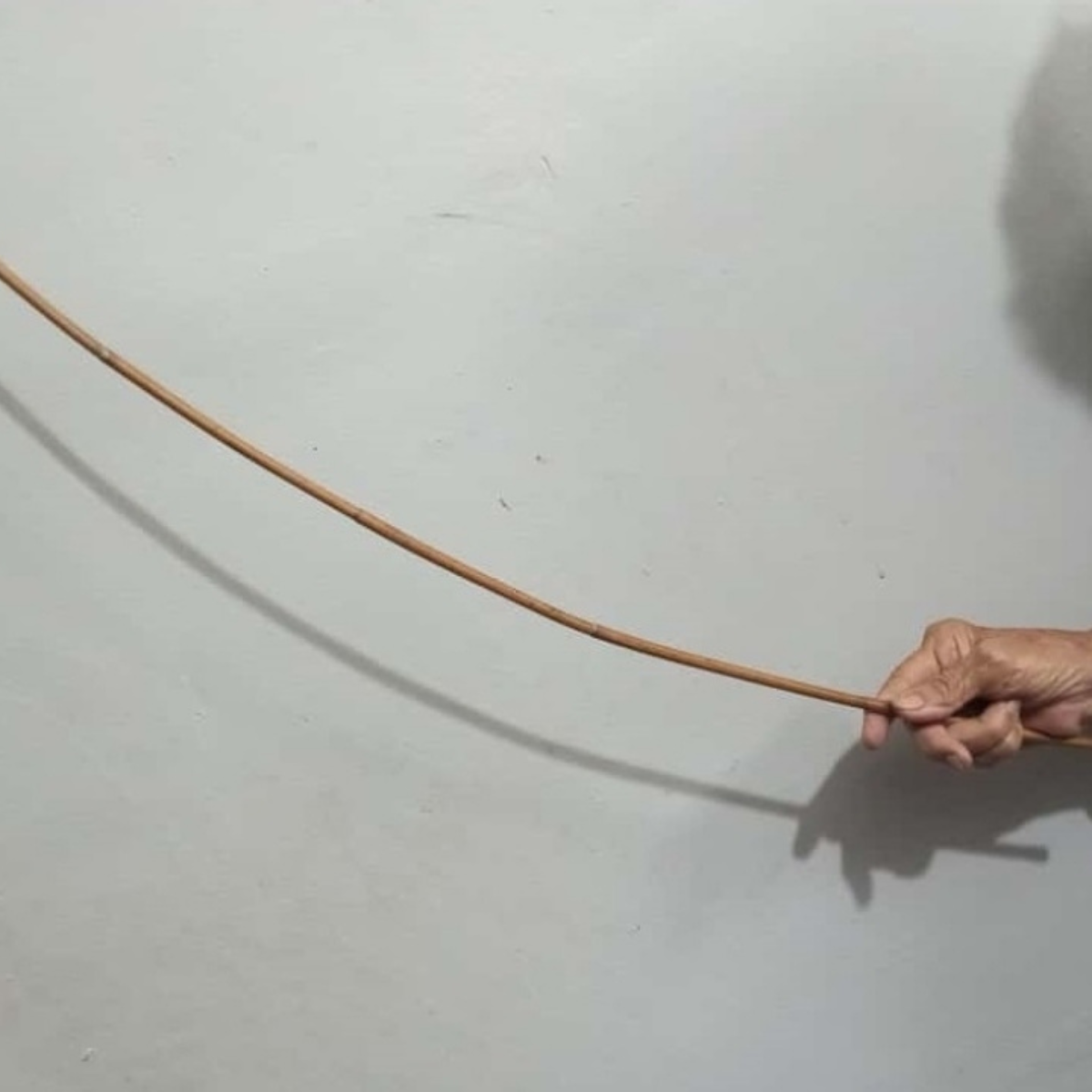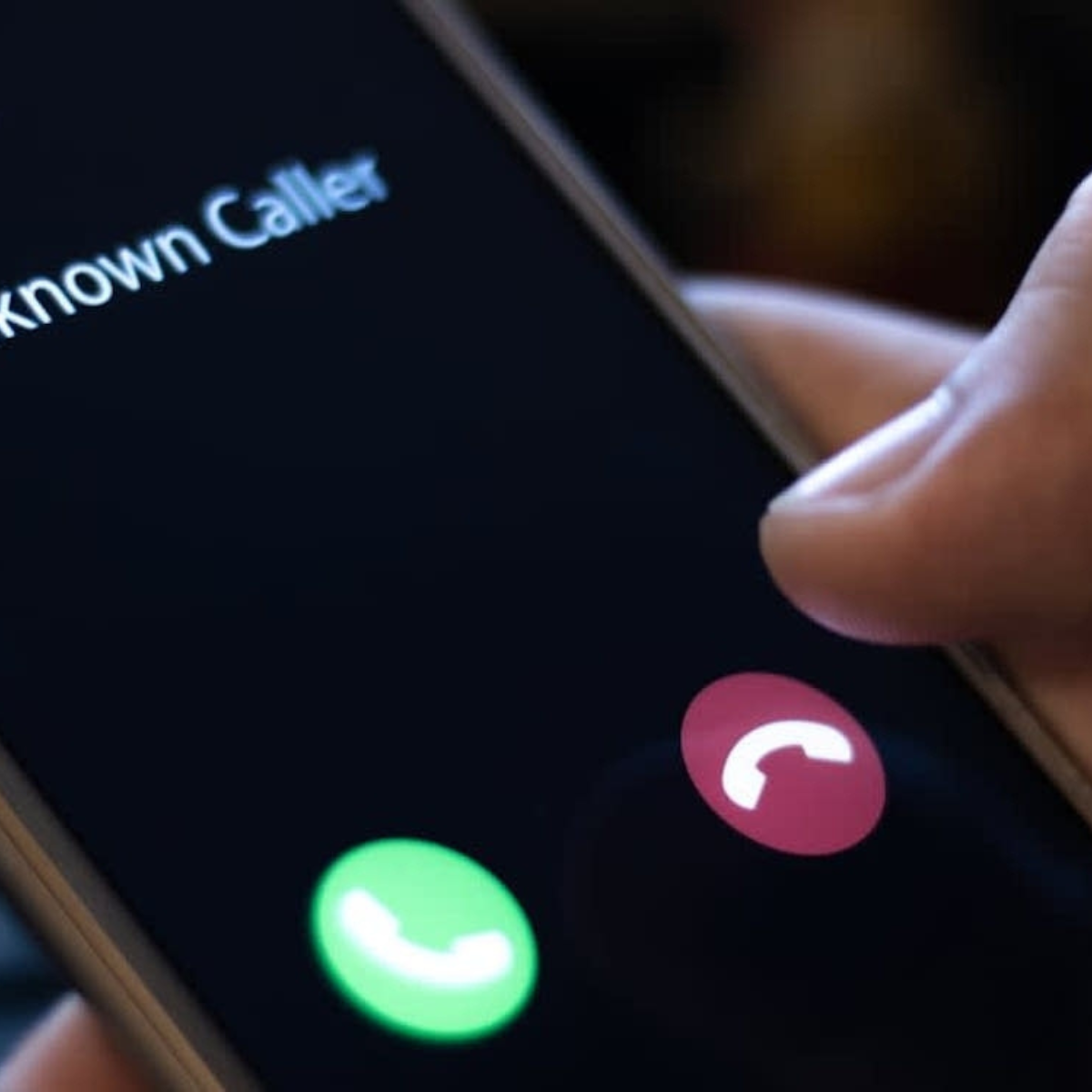KUALA TERENGGANU, Jan 14 — A male toy store sales assistant pleaded not guilty at the Syariah High Court here today to a charge of cross-dressing and behaving like a woman last year.
GENEVA, April 16 — After more than three years of negotiations, countries reached a breakthrough early Wednesday by finalizing the text of a historic global agreement on how to better handle future pandemics — a response shaped by the painful lessons of the Covid-19 crisis.
Following a final marathon negotiation session at the World Health Organization (WHO) headquarters, the deal was sealed around 2am (0000 GMT).
“This marks a major milestone in our collective journey towards a safer world,” said WHO Director-General Tedros Adhanom Ghebreyesus.
“The nations of the world made history today in Geneva.”
The urgency of the talks was heightened by the memory of Covid-19’s devastating impact, as well as looming threats such as bird flu (H5N1), measles, mpox, and Ebola. Discussions took place under the shadow of budget cuts to US foreign aid and the possibility of new pharmaceutical tariffs.
Contentious Issues Resolved
One of the final sticking points was Article 11, which addresses the sharing of pandemic-related technology with developing countries. During Covid-19, wealthier nations were accused of stockpiling vaccines and tests, while poorer nations struggled with access.
Countries with major pharmaceutical industries had strongly opposed mandatory technology transfers, pushing instead for voluntary sharing. A compromise was eventually reached by including the phrase “mutually agreed” for such transfers.
A key feature of the agreement is the proposed Pathogen Access and Benefit-Sharing System (PABS), which aims to ensure rapid sharing of pathogen data with pharmaceutical firms to accelerate the development of life-saving tools in a future pandemic.
The entire 32-page document was ultimately approved, with every section highlighted in green — signifying consensus among all WHO member states.
“It’s adopted,” declared co-chair Anne-Claire Amprou to a round of applause.
“In creating this historic agreement, countries have shown their shared determination to protect everyone, everywhere, from future pandemics.”
The final text will be submitted for formal adoption at the WHO’s annual assembly next month.
A Step Toward Global Equity
As negotiations wrapped up, Tedros expressed optimism, describing the deal as “balanced” and a path toward “more equity.” While acknowledging the cost of pandemic preparedness, he emphasized that “the cost of inaction is far greater.”
“The virus is our worst enemy — even more destructive than war,” he warned.
The United States, which has recently slashed global health funding, did not participate. After assuming office, President Donald Trump had withdrawn the US from the WHO and these talks. His administration’s threat to impose tariffs on pharmaceuticals also loomed over discussions, creating additional uncertainty.
Despite these challenges, nations ultimately reached consensus, marking what many see as a triumph of international collaboration.
“At a time when multilateralism faces many challenges, WHO member states have come together to affirm that global cooperation is the only way to defeat future pandemics,” said Helen Clark, former New Zealand Prime Minister and co-chair of the Independent Panel for Pandemic Preparedness and Response.
As the sun rose and congratulatory speeches continued, Eswatini’s delegate reminded the assembly, “While we celebrate this achievement, we must not become complacent. The real work begins now.” — AFP






